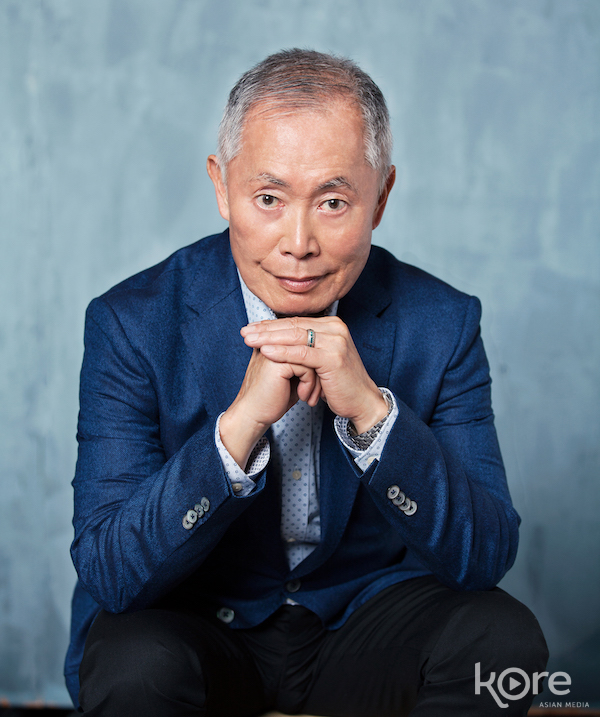George Takei is producing a graphic novel about his family’s experience in Japanese internment camps during World War II.
Readers will see the story through the eyes of a young Takei, according to IDW Publishing, which announced the book deal last week.
“Acting as narrator, Takei guides readers through memories of his family’s confinement within the internment camps, the aftermath of starting over with nothing after their release, his rise to stardom as helmsman of the USS Enterprise on ‘Star Trek,’ and how these life-changing events led him down his chosen path of activism and championing human rights,” IDW said in a statement.
Takei, though known best for his iconic role as Hikaru Sulu on the original “Star Trek” series, has also emerged in the past decade as one of Hollywood’s most vocal civil rights activists, on issues ranging from LGBT rights to racial inclusivity.
In particular, he’s spoken about the tragedy of the camps — and their lasting echoes — through several platforms, including in a Broadway musical also based on his personal experiences with internment, “Allegiance.”
He was only about five years old when Executive Order 9066 was signed. Authorities rounded up his family and imprisoned them with 120,000 others not because of charges — there were none, and so no one received due process — but because they simply looked like the people who’d bombed Pearl Harbor.
“I remember having fun, which is a funny thing to say about being in a barbed-wire prison camp,” Takei told Kore in an interview last year. “But I was too young to really understand what was going on. I remember the search light that would follow me when I was made the night runs to the latrine. For my parents, it was an invasive, humiliating, degrading light. But I loved it; it was nice they lit my way. But now, as an adult, I understand and keenly share the pain, the anguish.”
Earlier this year, Takei started a petition in support of the Muslim community as a response to President Donald Trump’s travel ban. He presented 280,000 signatures to community leaders at Los Angeles City Hall, with a warning that “it starts with a registry, with restrictions, with irrationally ascribed guilt, and with fear.”
The graphic novel, due out next year, will be written by Justin Eisinger and Steven Scott; an artist has yet to be named.
“I do this, and will continue to do so, in the hope that my personal experience can serve as a cautionary reminder of our past leaders’ mistakes, and that as a society, we can learn from those transgressions and not repeat them,” Takei said in a statement. “We live in uncertain times, and if stories such as mine can inspire us to do better and encourage positive change, I want to share it with as many people as possible, no matter who they are, or where they come from.”







